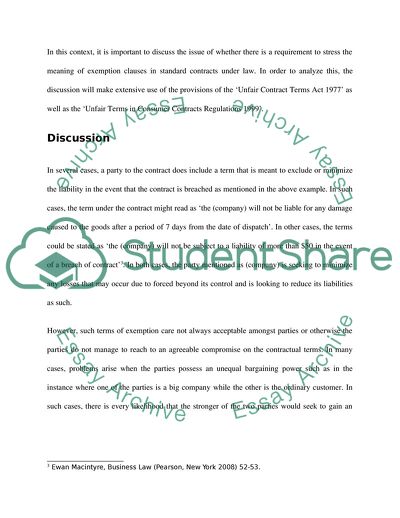Cite this document
(Contract Law - The Involvement of the Courts in Cases Where There Is a Assignment, n.d.)
Contract Law - The Involvement of the Courts in Cases Where There Is a Assignment. https://studentshare.org/law/1726310-contract-law-llb
Contract Law - The Involvement of the Courts in Cases Where There Is a Assignment. https://studentshare.org/law/1726310-contract-law-llb
(Contract Law - The Involvement of the Courts in Cases Where There Is a Assignment)
Contract Law - The Involvement of the Courts in Cases Where There Is a Assignment. https://studentshare.org/law/1726310-contract-law-llb.
Contract Law - The Involvement of the Courts in Cases Where There Is a Assignment. https://studentshare.org/law/1726310-contract-law-llb.
“Contract Law - The Involvement of the Courts in Cases Where There Is a Assignment”. https://studentshare.org/law/1726310-contract-law-llb.


